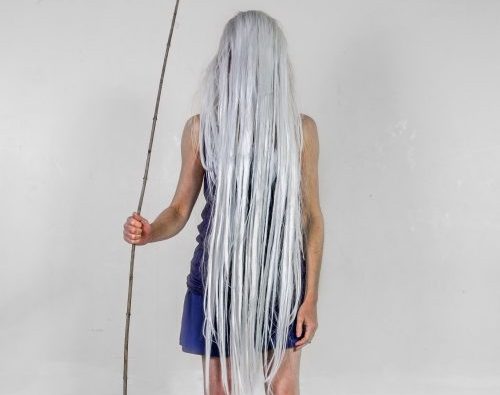18. and 19.07.2014
Salon with in preparation of the 8th Tanznacht Berlin 2014 in the frame of Open Spaces #1-2014 Tanzfabrik – Wedding
The Tanznacht Berlin festival 2014 wants to explore the complex relations of contemporary dance to its origins and traditions. Choreographers from many regions of the world are active in Berlin. Their backgrounds, influences, aesthetics are marked by diverse cultural experience. Increasingly, questions of history and origin are formulated within the field of contemporary dance making. This includes aspects of specificity: national, regional and local forms seem to contest the universal and delocalizing discourse of The Contemporary.
However, the contemporary seemingly can gain its power only by integrating a specific understanding of that which preceded its global thrust. Berlin’s self-understanding as an ‘international melting pot’, however, is itself marked by three major developments on local, regional and national levels. They can be identified as the parallel heritage of dance culture from East-Germany and West-Germany the presence of migrant cultures and their social functions
the claim of ‘Urban Dance’ to subvert history and formulate a new, truly popular dance.
As an introduction to the Tanznacht Berlin 2014 edition, a Salon invites researchers and artists to discuss aspects of folklore from various perspectives: geographic, historic, and current. Which traditions can be identified in the context of Berlin, and where do they gain visibility? How are folk dances passed on to other contexts? Is “origin” a useful notion, and if so, how are origins represented?
Encountering the impact of “origins” also means to position artistic work towards the current times, or else the Contemporary. It is this performative notion of “origin” that we call Folklore. Questions of social impact, political manipulations, potentials for resistance or counter-national implications will be raised and evaluated with the public.
